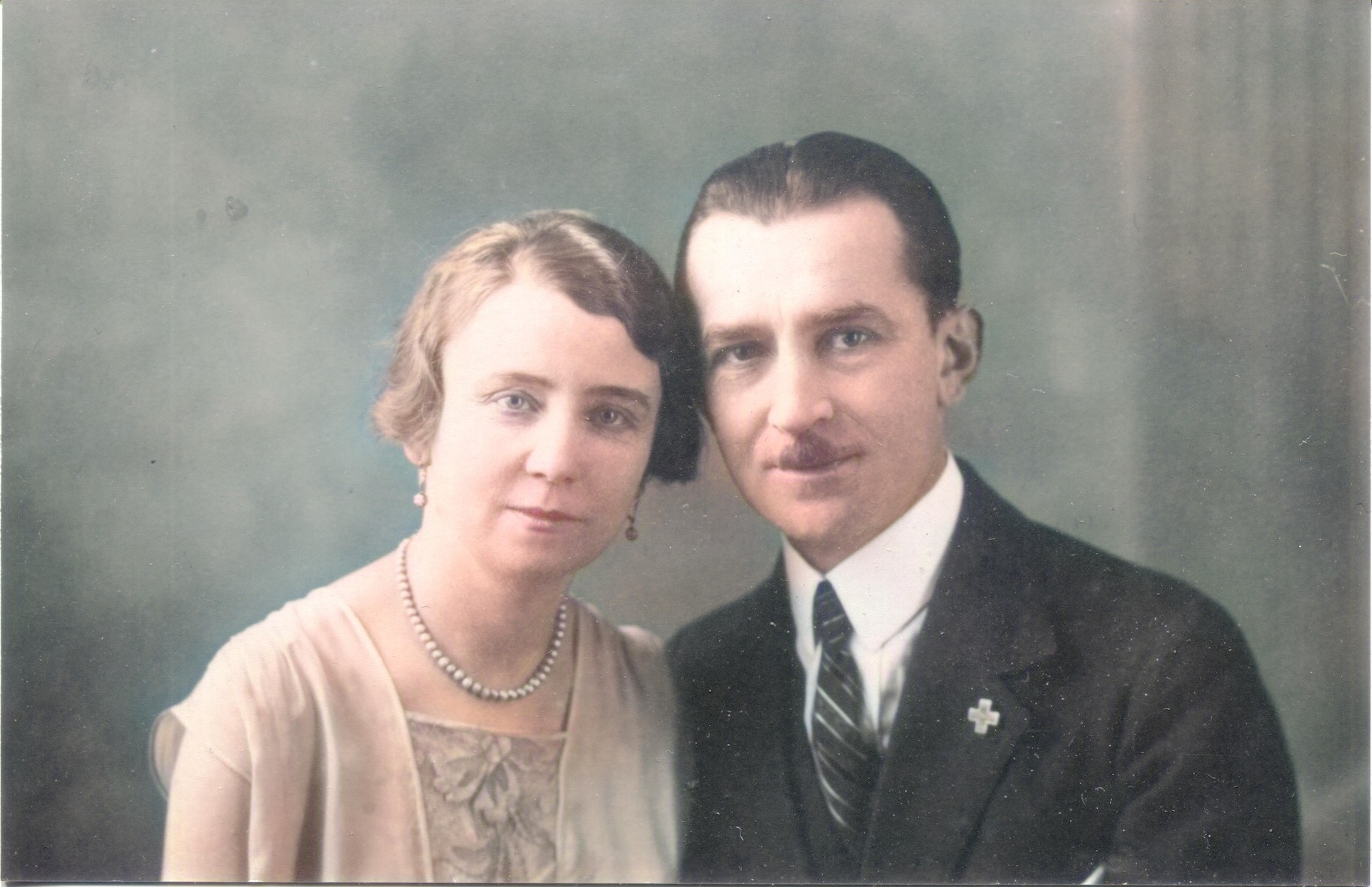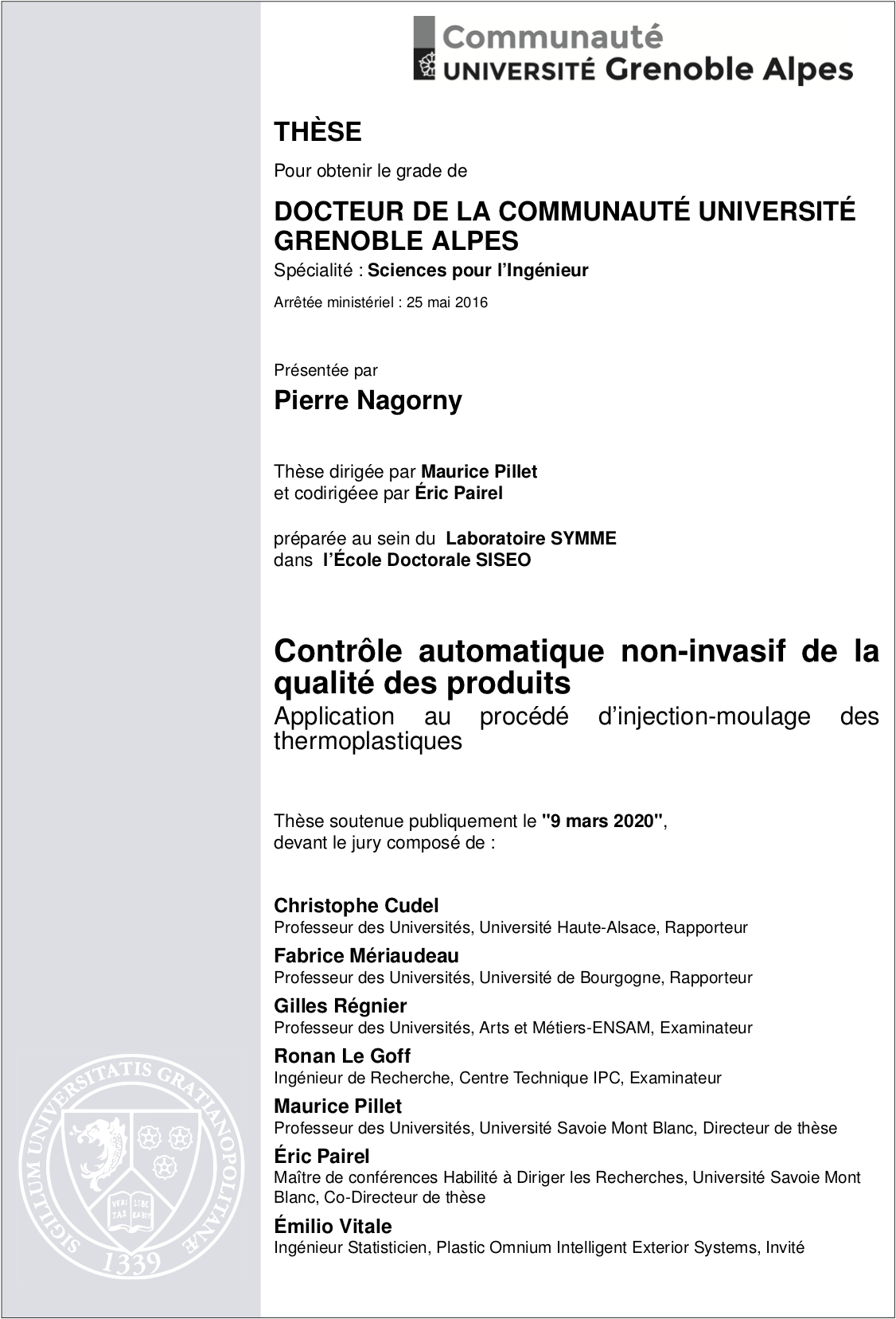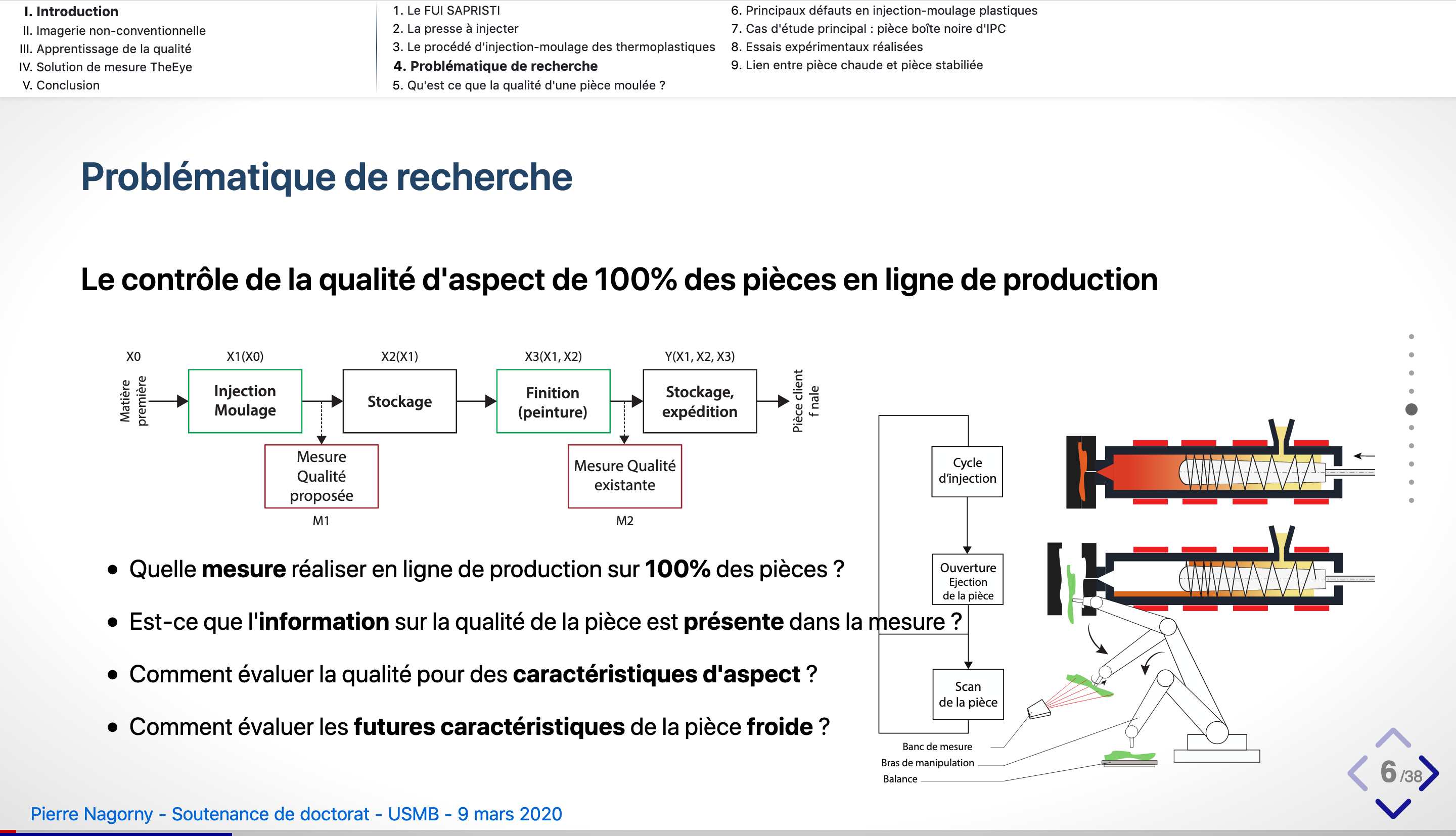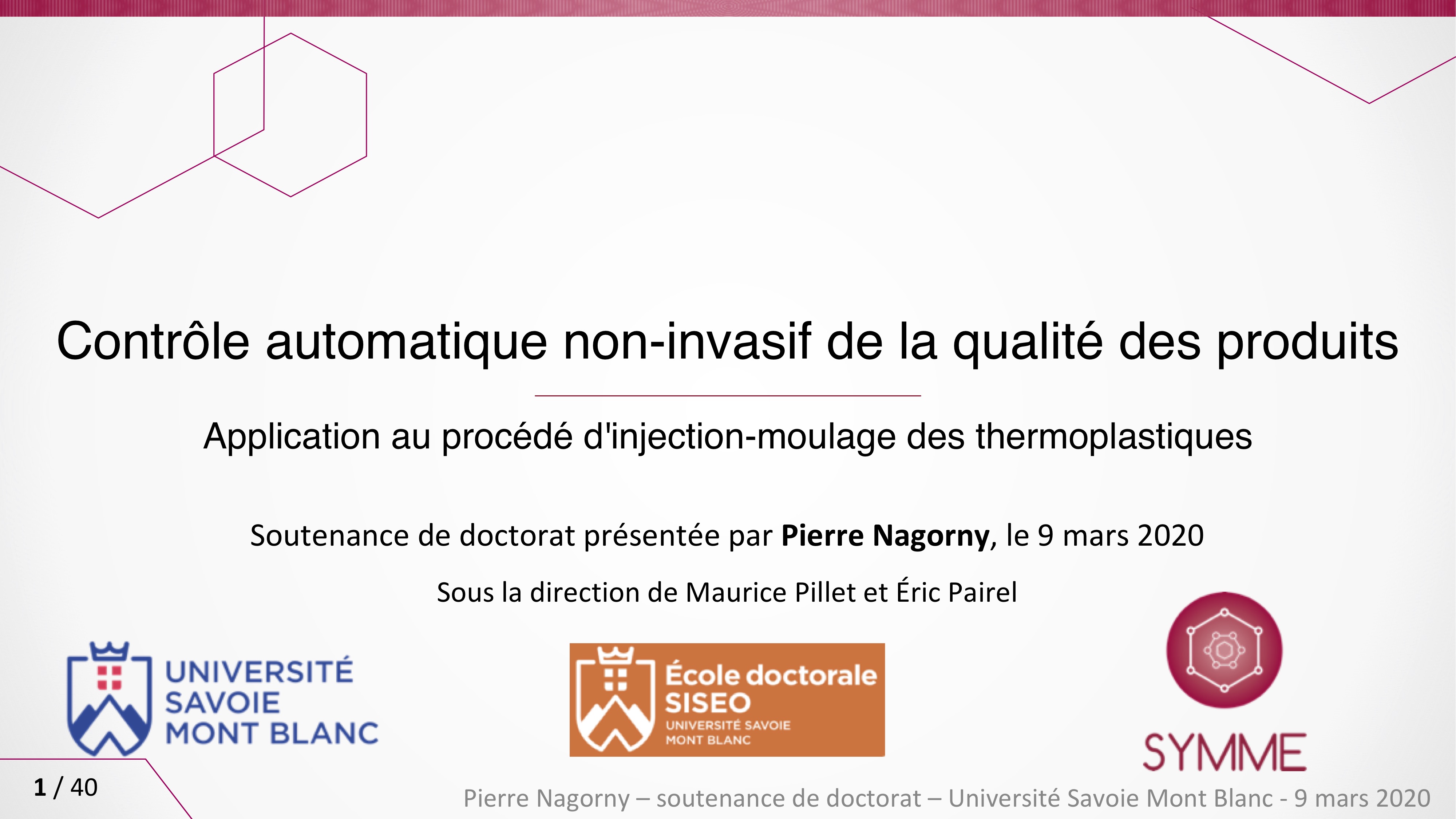Lolly Nagorny
Life of Лолий Нагорный, my great grand-father.
On september 14, 2017 I got an email on my university address from a russian historian, Dmitriy. He probably got my email from academic papers I published earlier this year.
He was studying the russian emigration to Europe and USA, after the october 1917 revolution.
I will be eternerly grateful to the Internet magic for all my finding to come.
He asked me if Nagorny Leon (Lolly) K., born 1880-1895 was from my family.
So I asked my father because I did not know my great grand father name. Yes, Lolly was mine.
The historian said that Lolly was a russian emigrate, lived in France between WW1 and WW2, then after WW2 lived in Russia.
Everything was right, except the last part.
For my family, Lolly died at the end of WW2 in Germany when the factory where he had been forced to work was raid.
Strange. I started searching historical records, as I am quite good at reading papers. I found that the historian said truth. So I asked my grand father for confirmation. He said yes, breaking a thirty years old family secret. My grand father kept writting to his father after WW2, like Lolly’s wife, and sending him money. This had probably been a secret because of the ongoing Cold War, as my grand-father was a rocket engineer during this time, with a classified state aggrements.
Lolly had a really strange life.
Borned in Rostov-on-Don, Urkrain, as a century started.
First, fighting in the russian white army against the red revolution.
Then for ten years, a cool life in Paris, France, as a russian G7 taxi driver, like many russian emigrate.
During the next war World War 2, he was forced to work in Germany.
Then liberated, but captured by russian soviets as he was not bolchevic enough.
So he was goulaged for twenty five years.
He just lost a leg, so he was liberated after ten years.
He came back to Rostov-on-Don, USSR, back at his beginning.
I wrote a synthesis on geni.com, maybe it could help others. Please come say hello Lolly’s sister!
1887 borned in Rostov-on-Don
Lolly’s parents lived in Rostov.
Lolly was born in Rostov, between 1887 and 1889.
He had a sister, who I did not find.
1910s russian civil war
Nagorny Lolly Konstantinovich served in the Markov division, fought in the White Army, Volunteer Army, in South Russia during the Russian Civil War. The 21st Kuban Plastoon Battalion officers: on March 18, 1915:
Nagorny Lolly, ensign, battalion adjutant
Источник: РГВИА. Ф. 2301. Оп. 2. Д. 165. Переписка о заведующем хозяйством 21 Кубанского пластунского батальона хорунжем Кушныре, обвиняемом в злоупотреблениях по службе, 23.05.1917-07.09.1917.
Nagorny Lolly Konstantinovich. Non-commissioned officer. He was promoted to the officers of the volunteer 117th Reserve Infantry Regiment in 1914.
Staff-captain in the Volunteer Army, in September 1918.
In the 4th, in December. 1918.
In the 11th company of the 1st Officer (Markov) regiment, from March 15, 1919, the captain.
In VSYUR and the Russian Army in the same regiment before the Crimea evacuation Lieutenant-Colonel (since June 18, 1920).
He was in the military camp of Gallipoli.
In the autumn of 1925 as part of the Markovsky Regiment in Bulgaria. Married.
Reference: historian S.V. Volkov. Database Participants of the White Movement in Russia
1920s-30s interwar period
He arrived in France in the coal mining Denain city, in the north. He was a miner. Then he went to Paris. He worked at the Panhard & Levassor automobile factory.
He met his russian born wife Valentine (Valentina) Siversky at this time, in Paris. It was Valentine sister, Hélène, who attracted her to France, to be with her in Paris. Valentine’s parents lived in Bakhmount (Бахмут). Her father Iakov Siversky, was an engineer. He constructed the Kiev-Bakhmount train line.
Lolly and Valentine lived in Chaville, near Versailles, then in a house in Porchefontaine.
Lolly was a taxi driver in the G7 taxi company.
That’s why my grand-father always takes G7 taxis because he’s sure there are good and safe taxis.
Then they move to Clichy, where his wife stay.

At this time, the russian emigrate writter Teffi was alone in Paris. So she became friend with Valentine. They helped each other. They are buried in the russian cemetery in Sainte-Geneviève-des-Bois.
Reference: family
1940s Second World War
During World War 2, when nazi germans occupied the half-north of France,
taxis were requisitionned.
So Lolly lost his job.
A Compulsory Labor deal was proposed: for three french workers who go to german factory, one french prisonner was released.
And some money was give to the family.
So Lolly went to a berlin factory for his family to have money.
At the end of the war, russian soviets liberated the factory. But he was not released. He was captured.
1950s
When the factory was liberated, He was not bolchevic enough.
So he was sent to a gulag from 07/29/1947, for ASA and ASD.
He was a mine scout, in Mine No. 64., near Perm.
This is the record transcript:
Nagorny Loliy Konstantinovich Year of birth: 1889
Place of birth: Rostov-on-Don
Nationality Russian
Education: secondary
Profession: driver
Place of work, as follows: mine lamp No. 64
Date of arrest: 07/29/1947
Place of arrest: Gremyachy village, Gubakha district, Perm region.
Date of conviction: 11/08/1947
Charge: ASA, ASD
Sentence: 25 years of imprisonment, confiscation of property
Rehabilitated: Prosecutor’s Office of the Perm Region, 1992
Archive business: PermGANI. F.643 / 2. Op.1. D.446. (ПермГАНИ. Ф.643/2. Оп.1. Д.446)
- ASA means anti-Soviet agitation
- ASD means anti-Soviet activity
The Gremyachy village was a mining industrial city with Special Population (work, special institution): Special population was regulated by special conditions of the canton and the district, as well as special provisions of the GULAG of the NKVD of the USSR.
References:
- Search for Нагорный Лолий Константинович on the Martyrology repressed “On - Neg”, from the Perm Regional Branch of the Memorial Society
- Gremyachiy settlement, by the Perm Regional Branch of the Memorial Society, from GARF. F.R-9479. Op. 1. D.320. L.131ob
-
More recent infos in Связь по цепи марковцева
- Location: Gremyachiy mine location
- The ITK-6 BC-389/36 Perm-36 was a goulag museum, from 1992 to 2015.
1960s
He lost a leg, so he was liberated after (only) ten years. He came back to Rostov-on-Don, USSR, were he was born.
Lolly lived in Rostov, with the widow that his father Konstantin Nagorny employed at the beginning of the century.
My grand-father did not know Lolly’s death.
Lolly’s wife Valentine write him letters and send him parcels.
It was impossible for my grand-father to visit his father in Rostov because of the ongoing Cold War.
He probably lived until the 70s.




